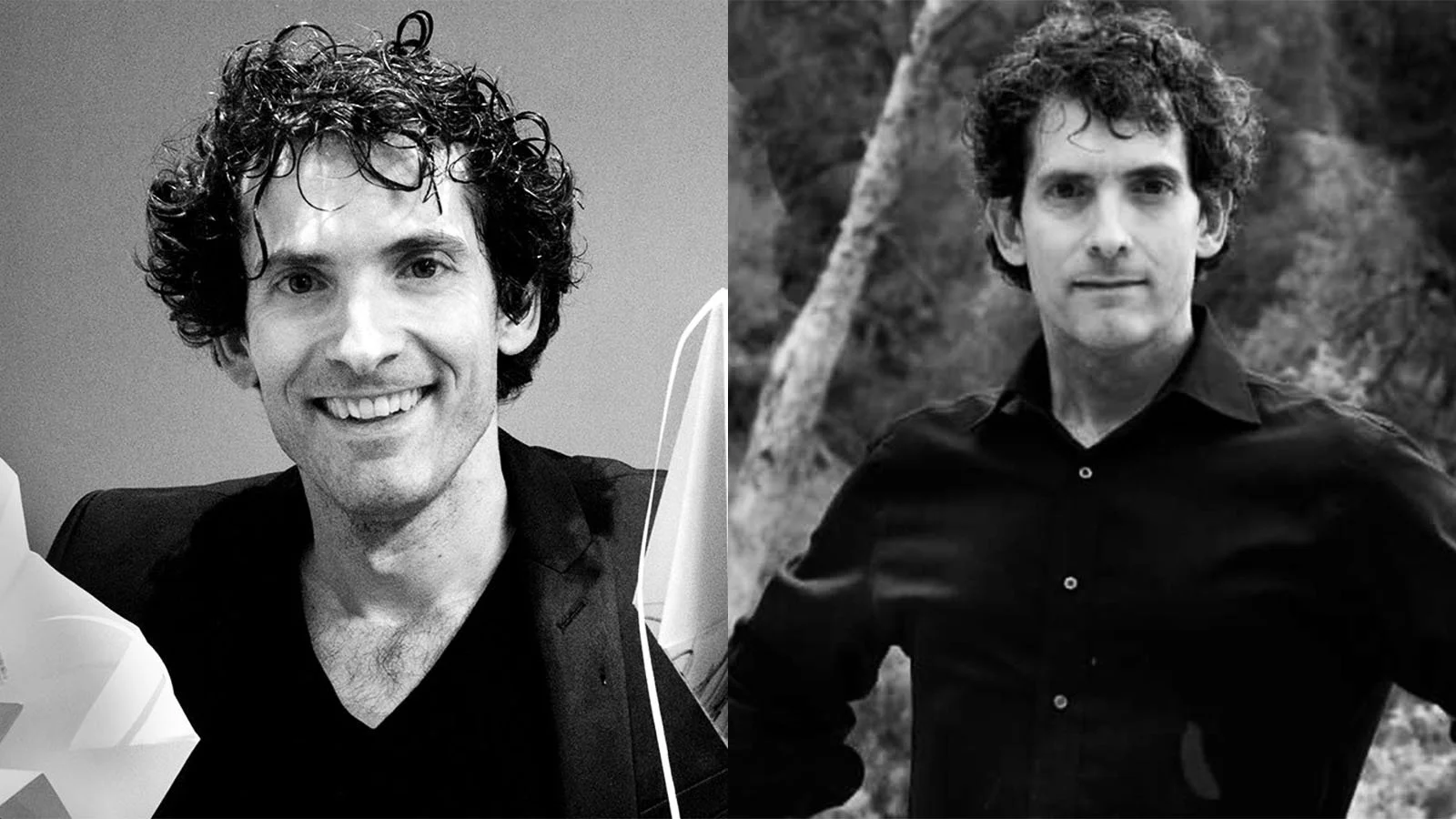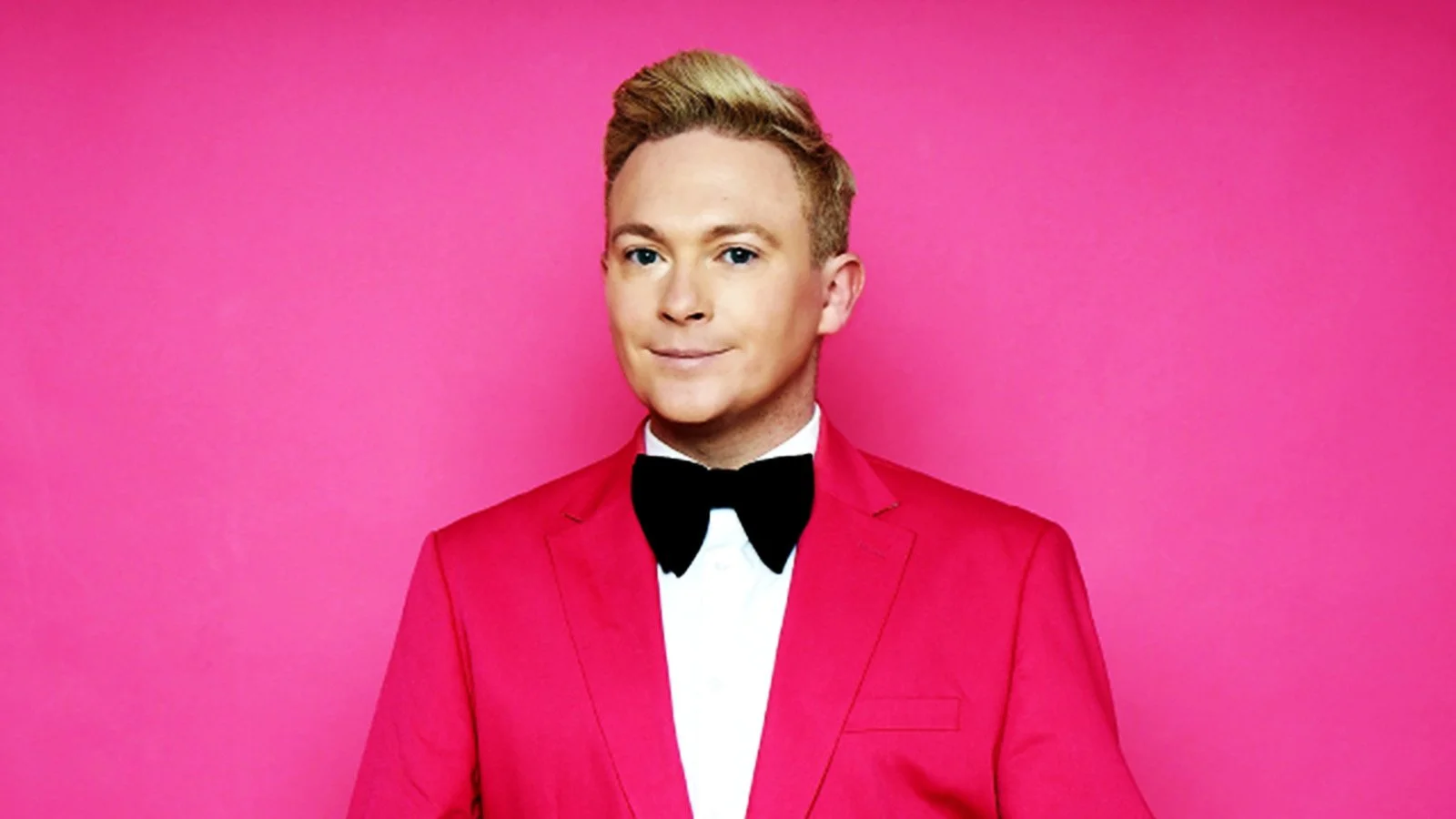Interview: ‘AI is our new superpower’ - Javier Ideami on the future of human imagination
Javier Ideami is an internationally recognised AI expert, creative director and multi-disciplinary engineer.
As founder and director of Ideami Studios, co-founder of ventures such as The Geniverse, and an established voice in generative AI, he bridges the worlds of technology, creativity and innovation.
With a body of work that spans filmmaking, research and creative technology, Javier has become a sought-after creativity speaker for industry events, universities and corporate gatherings.
Film News Blitz presents this exclusive interview with The Champions Speakers Agency, where Javier offers insight into how AI reshapes artistic practices, fuels a new creative frontier, and influences the evolution of the creative industries.
Q: In what ways have you integrated artificial intelligence and emerging technologies into your artistic process?
Javier Ideami: “I have incorporated AI and the emerging technologies related to AI and generative AI specifically into my work in many different ways.
“In relation to research and content generation in general, it has significantly expanded both the range, the scope and also the efficiency of my creative work and my projects.
“I use AI and generative AI for prototyping ideas across many different domains, from storytelling and visual creativity to music composition, to research projects, to the management of complex multimedia productions.
“What it allows is for a rapid, quick exploration of possibilities and concepts.
“For example, in visual effects, AI empowers us to extend our range of possibilities, enabling more intricate, imaginative and diverse prototyping of designs and possibilities.
“I also leverage AI for enhancing the production of content through many different tools, like the generative fill and expand tools of very well-known suites of tools out there, and many others.
“It’s all about optimising that design, writing or multimedia production by automating repetitive tasks such as editing, formatting and data management.
“AI frees up time for more complex, executive and supervising roles that we take on, as AI automates all of these pattern-matching sides of things.
“Additionally, I also use AI to explore data-driven insights, to analyse trends, audience preferences and performance metrics, which help guide my creative decisions and ensure that my work, my direction and my supervision resonate with the intended audience, the intended community or destination of the productions that I am directing.
“AI is a powerful tool in the creation process because it taps into what can be interpreted as a super subconscious.
“When we think about our lives, we have a limited time to absorb experiences, to get to know people, places and content.
“But AI, of course, is being trained on most or all of the internet.
“We can sort of compare it to a massive, almost infinite subconscious. AI is offering us an almost infinite reservoir of ideas and possibilities.
“It operates with incredible speed and efficiency, and it doesn’t get tired like us.
“It tirelessly generates possibilities, ideas, content and solutions to accelerate the creative process far beyond what we can achieve on our own because our time and capacity to absorb experiences are limited.”
READ MORE: Interview: Why Stephen Bailey says fun could be the secret to a better workplace
Q: You often compare AI to an “Iron Man suit” for creativity. Why do you view AI as such a powerful catalyst for artistic innovation?
Javier Ideami: “AI becomes an essential partner. I always compare AI - for those of you that have watched the movie Iron Man - to an Iron Man suit that we put on ourselves, that expands and augments our possibilities, our creative muscles, our subconscious, our pattern-matching, system-one fast-thinking capabilities.
“That’s why I call this new era that we are beginning the era of the super subconscious.
“AI has mastered that pattern-matching, fast-thinking, system-one thinking, but it has not yet mastered the system-two thinking - the slow, methodical, analytical, deep reasoning type of thinking.
“So it’s a beautiful blend between the AI and us.
“Additionally, AI of course excels at personalisation, because how much time do we have in life to try to personalise every output for many different types of audience?
“We have limited time, but with AI we can accelerate that, tailoring the content to specific audiences, which enhances engagement and relevance.
“That, in turn, drives innovation, as AI introduces new techniques, styles and possibilities - enabling creators and professionals to push the boundaries of what’s possible, whether by interpolating between all the training data AI has used to learn the abstract essence of a certain domain.
“Or by extrapolating beyond that data to take us to new places that we have not reached before.”
Q: From your perspective, how will AI and emerging technologies reshape the creative industries over the next decade?
Javier Ideami: “Creative industries are going to undergo very big changes. The way we interact with them today and the way people will interact with them within the next five or ten years is going to be a whole different ball game.
“AI and emerging technologies like generative AI are going to profoundly impact these creative industries by extending the diversity of their outputs.
“This will generate new ways of interacting with creative content and trigger the emergence of new roles, enabling a lot of new creative possibilities.
“Increased automation will allow creatives to handle routine, repetitive tasks like editing and formatting through the use of AI, freeing up more time for actual innovation and higher-level executive work - what people enjoy the most.
“This shift is also going to create new roles within the creative industry, some of which we cannot even imagine today.
“It will change skill requirements, as many skills that were needed in the past will now be automated.
“There will be a shift towards skills connected to deep reasoning, analytical and supervisory thinking.
“Data analysis and technology integration with creative fields will become a major objective for companies in this sector, as they work out how to integrate this technology within their existing pipelines.
“That will occupy much of the industry’s focus in the coming years.
YOU MAY BE INTERESTED IN: Film news: Uma Thurman joins Woodstock Film Festival board
“Another fascinating point is that AI is going to enhance the longevity of creatives through things like digital twins.
“Within the creative industry, we have fantastic professionals, but again they have a limited amount of energy and time.
“AI, through digital twins, will allow the output and work of these professionals to continue evolving over time, allowing them to rest while still directing and supervising their output by partnering with their AI twins.
“Of course, this leads to another very important topic that I love to speak about: the ethics of generative AI.
“Many times, I speak at conferences about the ethical ramifications of the use of this technology, which is fascinating and evolving quickly - touching on legal aspects, copyright, bias, transparency and the responsible use of this technology.
“That’s going to have a major impact on the creative industries.
“Finally, market and creative output personalisation will bring massive change, as companies deliver finely tailored, customised content that creates more engaging consumer experiences.
“AI will also introduce new techniques, styles and mediums, expanding the boundaries of creative expression and opening up entirely new possibilities for the future of this industry.
“That’s why it’s going to be one of the sectors that will change the most within the next few years.”
This exclusive interview with Javier Ideami was conducted by Mark Matthews of The Motivational Speakers Agency.
READ NEXT: Film opinion: The top three dolly zoom shots of all-time



